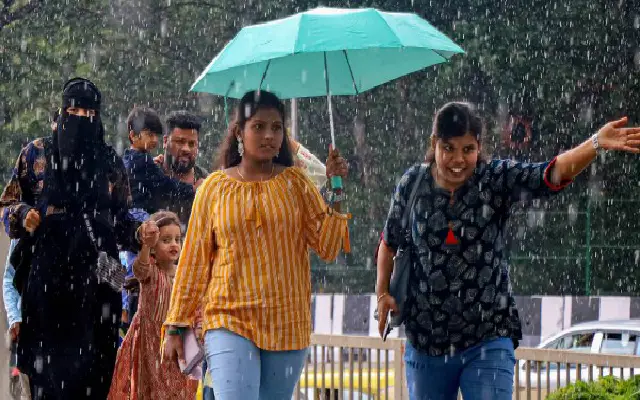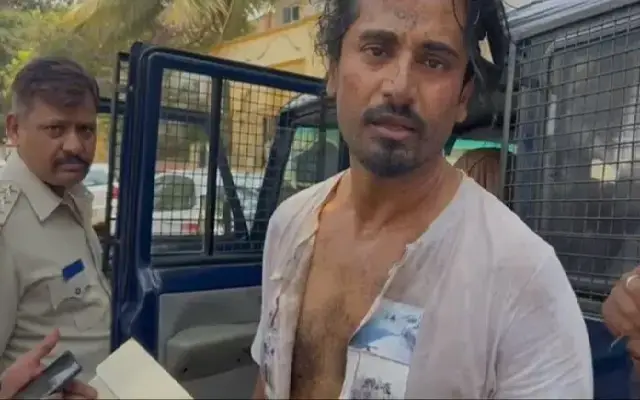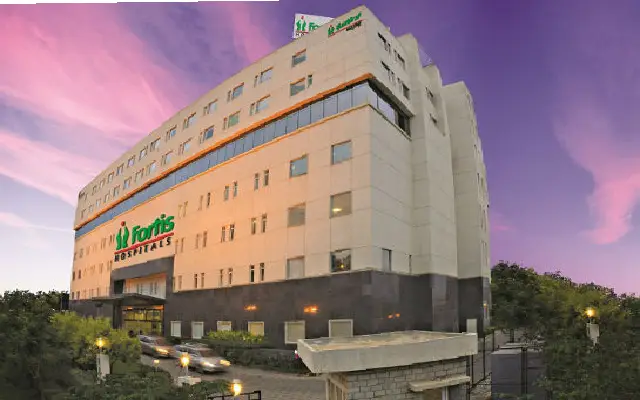 Davos: Besides developing new medicines and vaccines, pharmaceutical companies must also manufacture and market antibiotics responsibly so that they do not cause damage to the environment, an expert said at the World Economic Forum (WEF) here on Tuesday.
Davos: Besides developing new medicines and vaccines, pharmaceutical companies must also manufacture and market antibiotics responsibly so that they do not cause damage to the environment, an expert said at the World Economic Forum (WEF) here on Tuesday.
Jayasree Iyer, from Netherlands-based Access to Medicine Foundation, also pointed out that it should be ensured that doctors and patients don’t overuse medicines and vaccines.
“We reasonably expect from the industry that apart from developing new medicine and vaccine, we also expect them to manufacture and market antibiotics responsibly to ensure waste water does not end up in the environment,” said Indian-origin Iyer, who is the Executive Director at the Foundation — a non-profit organisation.
Aiming to help the pharmaceutical industry to tackle the threat of ‘superbugs’ or antimicrobial resistance (AMR), Iyer also launched the first ever antimicrobial resistance benchmark.
The AMR Benchmark is to clarify the role for the pharmaceutical industry in improving access to medicine and vaccines.
“This first Antimicrobial Resistance Benchmark is the first independent, detailed evaluation of how pharmaceutical companies are halting the rise of drug resistance,” Iyer said.
According to the World Health Organization, AMR is an increasingly serious threat to global public health that requires action across all government sectors and society.
“Antimicrobial resistance is a disaster waiting to happen. We have seen it evolving in the past years, especially drug resistant TB,” said Paul Stoffels, the Chief Scientific Officer at Johnson & Johnson.
AMR is causing an estimated 700,000 deaths annually, a number expected to rise sharply in the coming decades.
While new antibiotics are desperately needed, the pharmaceutical industry has little incentive to invest in their development because antibiotics do not bring in the revenues that drugs for other diseases such as cancer or cardiovascular disease do.
“We as an industry also face challenges finding viable business models”, Stoffels said, adding, “as it takes a long time to develop such medicines for relatively small populations. But it’s the right thing to do as a human”.
Globally, 4,80,000 people develop multi-drug resistant TB each year and drug resistance is starting to complicate the fight against HIV and malaria, as well, according to the WHO.
“The problem could only be tackled globally. Countries need to work together to tackle this problem, which he described as medicine’s equivalent of climate change,” said Julian Braithwaite, Britain’s Ambassador to the United Nations.


















